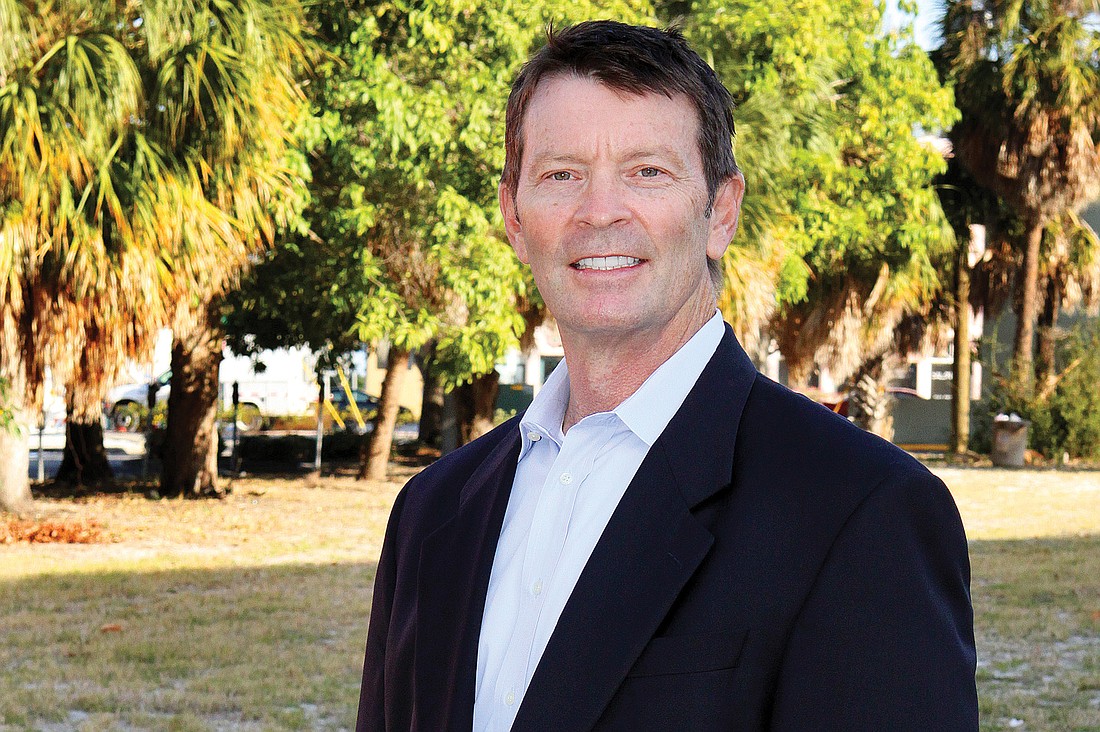- April 17, 2024
-
-
Loading

Loading

City Attorney Bob Fournier told the Sarasota City Commission Monday that he was concerned about legal aspects of both hotel proposals for the city-owned Palm Avenue site.
“Both proposals have ideas that I’m not sure (are) what the commission had in mind when they solicited bids for this project,” Fournier said.
“Both proposals have a development risk and could potentially implicate the city, which causes me pause for concern,” he added, saying he was offering his remarks in an effort to save both companies time and money, if the commission declined to consider either proposal because of his concerns.
“Sometimes proposers can get misled, because the process goes on for a long time and is quite costly for both applicants,” Fournier said.
“We don’t want to be asked to pay for costs with these proposals,” he said.
After Fournier suggested the City Commission listen to representatives from both companies describe their proposals, before making any decision, the commission did not discuss his remarks.
The commission is scheduled to hear the hotel plans during its meeting Monday, March 19.
Sarasota-based Floridays Development Co. wants to build a 180-room independently operated boutique hotel on the site.
To make its project viable, Floridays says it needs for the city to sign a credit-tenant lease. City staff has raised issues about the risk involved with such a lease, because it would allow the developer to use the city’s credit rating to attain a lower interest rate to build the hotel.
The agreement also would entail the company’s leasing the structure to the city for 20 years.
Atlanta-based Jebco Ventures Inc. wants to build a 175-room Embassy Suites hotel, but it says it can finance its project only if the city is willing to lease the land in a 25-year agreement calling for the hotel to pay the city 2% of its gross revenue stream each month.
What especially worried him, Fournier said, was that the Florida Constitution prohibits a municipality from acting as a lender or using its taxing power to aid any corporation, partnership or person.
“The purpose of this state provision is to keep state and local governments out of private business,” Fournier said. “I have apprehension both proposals have a problem when you apply this provision.”
Fournier pointed out that although Jebco had agreed to purchase the land through a long-term lease, at the city’s request, the property itself would serve as security for the developer’s loan.
“If (Jebco) fell behind on payments, the lender could acquire the property, and the city would lose ownership of the property,” Fournier said.
The only way around that issue, Fournier said, would be for Jebco to secure a leasehold mortgage, which he admitted, “is probably hard to find in this market right now.”
As for Floridays, Fournier said the concept of the credit-tenant lease was the main problem.
“This is also called a hell-or-high-water lease, in which the city would be responsible for everything from the lease payments to the property taxes and insurance, if the hotel entity couldn’t afford to make the payments,” Fournier said.
Although the company was willing to provide the city millions of dollars in buffer funds, to avoid a problem if payments couldn’t be made, Fournier said, the lease concept still violated the state constitution.
“This isn’t the greatest time for an invitation to negotiate … if it’s that difficult to get financing for hotels these days,” Fournier said.
The majority of the commissioners told the Sarasota Observer last month they were not willing to approve any project that involves the city helping with financing or agreeing to a long-term lease.
“I’m not going to be anybody’s landlord or anyone’s bank,” said Commissioner Shannon Snyder.